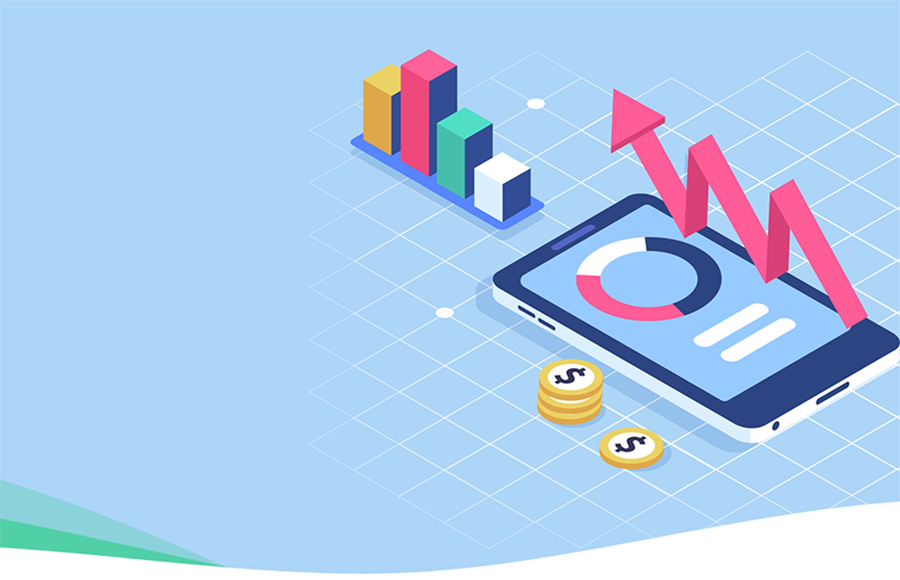The importance of digital literacy in the furtherance of Nigeria’s economic growth is a topic that has proven to be extremely paramount especially in these forced changing times.
Truth is, talent training outlets are not in short supply in Nigeria; from Decagon to Learn Factory; there are a number of programmes offering advanced and specialized digital literacy skills in fields like software development, machine learning etc.
As a matter of fact, Nigeria has set a 95% digital literacy target for the next ten years under a Digital Economy Strategy in order to ramp up the contributions of the ICT sector to the Nigerian economy and last year, the sector accounted for 13.8% of the nation’s GDP which is more than the oil and gas sector on which the country has previously been heavily reliant.
The Lagos State Government since this pandemic collaborated with Microsoft Office to train 18,000 secondary school teachers on digital literacy in order to equip, train, and engage them to deliver on their duties through technology during this lockdown period.
(READ MORE: Digital financial services amid COVID-19)
However, digital financial literacy is a niche that still has not become mainstream as many would assume. For the reason of the evident gap in the country, we have companies like NetPlusDotCom organizing webinars to educate Nigerians on the importance of an inevitable shift to digital payments and financing post-COVID-19.

Unfortunately, there are a few challenges hindering the growth of digital financial literacy in Nigeria, they include:
- Policy Implementation: Already set regulations geared towards promoting digital literacy are not readily implemented.
- The regular school curriculum does not reflect a component of digital literacy skills that would be relevant in the future of work.
- High costs of infrastructures such as the Internet and power is one of the challenges faced in promoting digital financial literacy in Nigeria.
- There is a digital divide due to the existence of unreached communities who are not aware of the concept of digital literacy.
- Digital literacy has been termed too difficult to conceptualize resulting in unnecessary complexity for the understanding of the process to a layman.
- Resistance to Change: The general attitude of people towards change and what digital literacy offers, is a hindrance in promoting digital financial literacy.
- Skepticism of many unenlightened Nigerians.
(READ MORE: Facebook is building $1 billion high speed internet across Africa)
Proposed Solutions
- More citizen engagement and awareness of existing and new policies on digital literacy.
- Investment in research and development by the government and other institutions to help Nigerians be more conversant on international standards as it concerns promoting digital literacy.
- There should be a collaboration between organizations whose works are centered on digital literacy with schools in actualizing a more robust curriculum.
- The government should provide tax incentives/ reliefs for telecoms to enable them to reduce the costs of data. Telecoms can also provide ICT parks to allow for access to the internet.
- On inclusion, collaboration between Government, Multilateral organizations, and civil society groups should be considered to reach underserved communities possibly in the local language so as to avoid the language barrier.
- To ward off resistance to change, there should be orientation programs on the need and importance of digital literacy using the bottom-top approach of reaching out to grass-root individuals.






















Way to go
Government should take ICT knowledge serious from elementary school